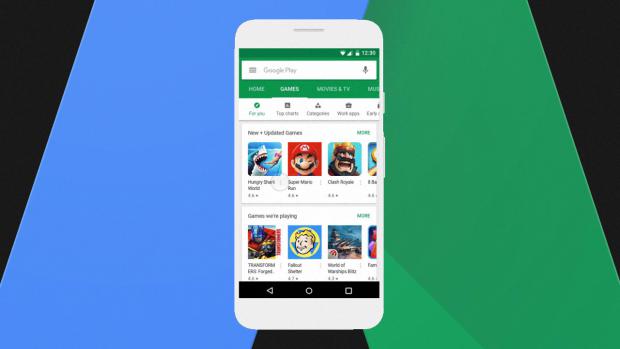
Breaking News
 Calling Dr. Grok. Can AI Do Better than Your Primary Physician?
Calling Dr. Grok. Can AI Do Better than Your Primary Physician?
 Episode 485 - The Dark Legacy of Dick Cheney
Episode 485 - The Dark Legacy of Dick Cheney
 Frugal Friday: 17 Ways to "Use It Up"
Frugal Friday: 17 Ways to "Use It Up"
 Cristiano Ronaldo Praises Donald Trump as a Leader Capable of Changing the World...
Cristiano Ronaldo Praises Donald Trump as a Leader Capable of Changing the World...
Top Tech News
 HUGE 32kWh LiFePO4 DIY Battery w/ 628Ah Cells! 90 Minute Build
HUGE 32kWh LiFePO4 DIY Battery w/ 628Ah Cells! 90 Minute Build
 What Has Bitcoin Become 17 Years After Satoshi Nakamoto Published The Whitepaper?
What Has Bitcoin Become 17 Years After Satoshi Nakamoto Published The Whitepaper?
 Japan just injected artificial blood into a human. No blood type needed. No refrigeration.
Japan just injected artificial blood into a human. No blood type needed. No refrigeration.
 The 6 Best LLM Tools To Run Models Locally
The 6 Best LLM Tools To Run Models Locally
 Testing My First Sodium-Ion Solar Battery
Testing My First Sodium-Ion Solar Battery
 A man once paralyzed from the waist down now stands on his own, not with machines or wires,...
A man once paralyzed from the waist down now stands on his own, not with machines or wires,...
 Review: Thumb-sized thermal camera turns your phone into a smart tool
Review: Thumb-sized thermal camera turns your phone into a smart tool
 Army To Bring Nuclear Microreactors To Its Bases By 2028
Army To Bring Nuclear Microreactors To Its Bases By 2028
 Nissan Says It's On Track For Solid-State Batteries That Double EV Range By 2028
Nissan Says It's On Track For Solid-State Batteries That Double EV Range By 2028
Google Is Turning Ads Into Games You Can Play

Google is introducing a new type of mobile ad in its AdMob advertising platform: games. The idea is that users will play these built-in games in the hopes of unlocking something special inside of a game they're already in. It's a glimpse of the way advertising is evolving on a web dominated by it.
[Image: Google]
Enabled by the spending models of Apple's and Google's app stores, smartphone game developers have already ruined the medium–most games nowadays are not designed to be rewarding on their own, but to operate as digital cortisol drips that encourage players to spend money on "rewards," the "gems" and "coins" that, once upon a time, Mario would have discovered simply by hitting a question mark block. This business model is how companies like Supercell made $2.3 billion as of 2016 with Clash of Clans, in which players buy virtual armies to fight one another. And since Google and Apple take a 30% cut of these microtransactions, it's no wonder why Clash of Clans is so regularly featured in their app stores.

 Carbon based computers that run on iron
Carbon based computers that run on iron

